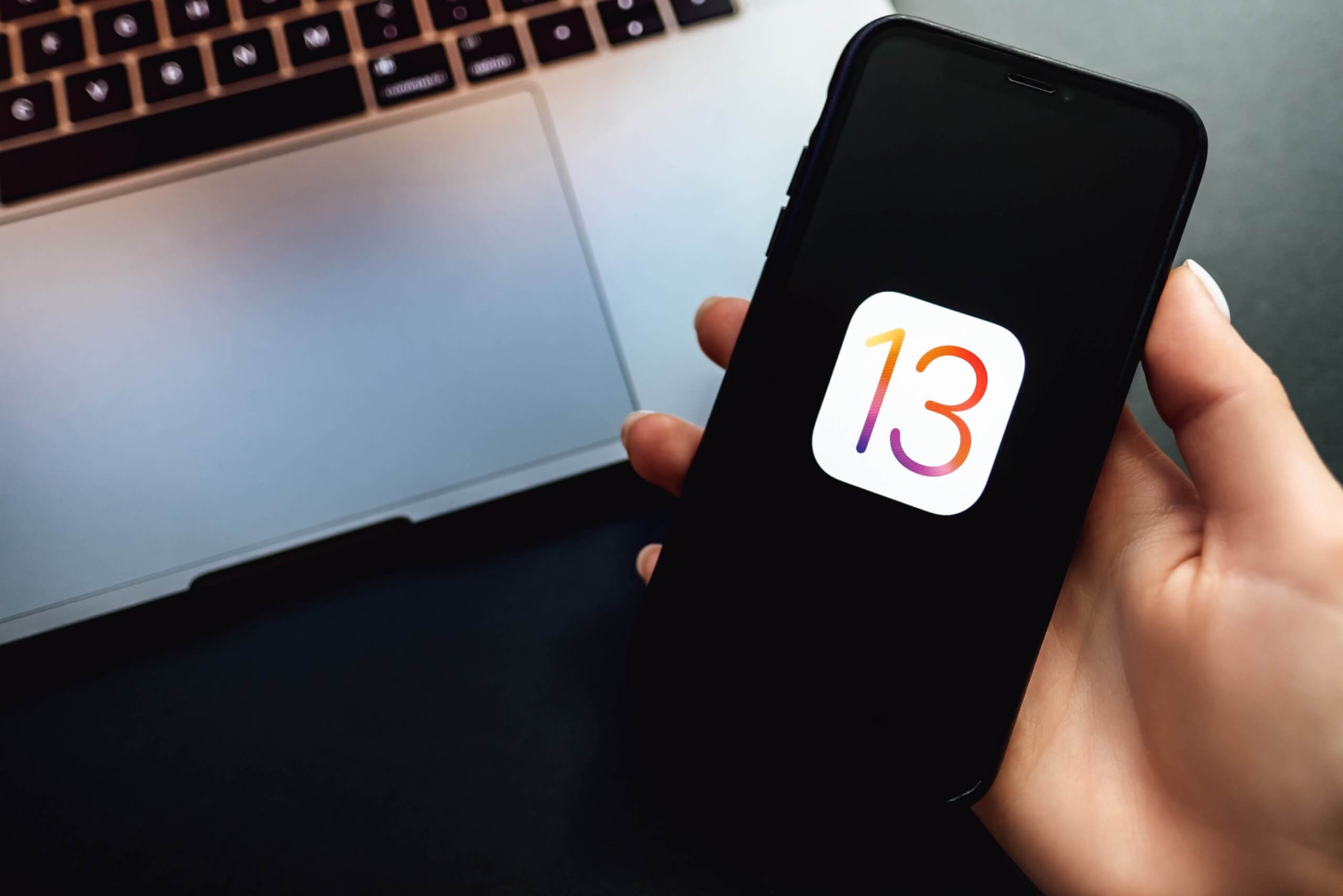In context: A new feature in iOS 13 asks you if you would like an app to have access to your Bluetooth. Apple added it for privacy reasons, and it is surprising how many apps want access to your signal.
On Thursday we covered the launch of iOS 13 and a few of the cool new features of the operating system. If you haven't updated yet, you really should. It is the first time in a long while that an iOS update was really worthy of your attention.
What we did not dig into were any of the new security features. One of them forces apps to get your consent to use Bluetooth.
Twitter was aflutter with tweets about various apps inexplicably wanting access to their Bluetooth. Quite a few apps use Bluetooth for legitimate reasons. TrackR, the app that tracks your key (or whatever else) fobs, is an example of an app that requires Bluetooth access to function.
Uhhhhhh no pic.twitter.com/I6tsz9YY17
--- nilay patel (@reckless) September 14, 2019
iOS 13. I have so many questions for you. Who is Wheel and why does he want my Bluetooth Also, springboard wants to make a call. Can you spare a dime? @AppleSupport #macadmins pic.twitter.com/bGq4QpoKXT
--- mat x (@macvfx) September 20, 2019
I see that Snapchat for one forgot to turn off their totally-obviously-necessary use of Bluetooth LE before iOS 13 came out... pic.twitter.com/Jmje2BbPM6
--- Tom K (@teek_eh) September 19, 2019
Other apps like Snapchat, ESPN, and Dunkin' Donuts do not necessarily require Bluetooth to function but have been quietly using it without your permission. Some may use it to detect and connect to things like Chromecast. Others likely use it to track your location, presumably to let you know if there is a store nearby, or conversely, to see if you are nearby a store.
Each time your Bluetooth chip gets pinged by a beacon (which are all over the place), the app uses that signal to know where you are. It's a sneaky way of tracking because it is separate from the iPhone's location privacy settings. So while users may have their location set to private, these apps can still see where they are.
Now Apple is giving users the heads-up with a notification asking to allow (or don't) an app to access Bluetooth. The only problem is that the default notification is too vague.
"[App] would like to use Bluetooth. This will allow [App] to find and connect to Bluetooth accessories. This app may also use Bluetooth to know when you're nearby."
App developers need to tell users why they need access to Bluetooth.
For example, Sling TV uses it to "scan for nearby Cast devices," and it has changed the notification to say as much. Many other apps only use the default, which tells the user nothing other than that the app wants access.
Regardless, adding this requirement to iOS was a good move by Apple. Once developers that use Bluetooth in their apps find that users are denying them, they are more apt to give them a good reason to allow permission.
Image credit: nikkimeel via Shutterstock
